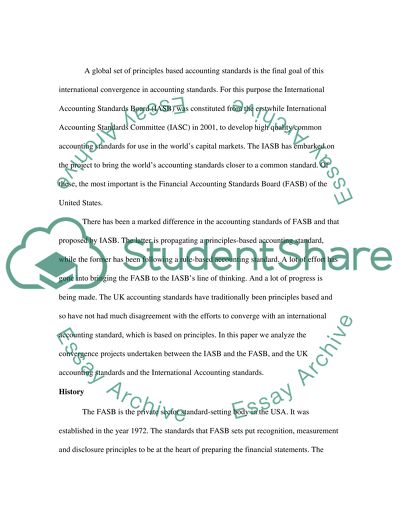Cite this document
(Accounting Standards Essay Example | Topics and Well Written Essays - 1750 words, n.d.)
Accounting Standards Essay Example | Topics and Well Written Essays - 1750 words. https://studentshare.org/finance-accounting/1507705-convergence-of-accounting-standards
Accounting Standards Essay Example | Topics and Well Written Essays - 1750 words. https://studentshare.org/finance-accounting/1507705-convergence-of-accounting-standards
(Accounting Standards Essay Example | Topics and Well Written Essays - 1750 Words)
Accounting Standards Essay Example | Topics and Well Written Essays - 1750 Words. https://studentshare.org/finance-accounting/1507705-convergence-of-accounting-standards.
Accounting Standards Essay Example | Topics and Well Written Essays - 1750 Words. https://studentshare.org/finance-accounting/1507705-convergence-of-accounting-standards.
“Accounting Standards Essay Example | Topics and Well Written Essays - 1750 Words”. https://studentshare.org/finance-accounting/1507705-convergence-of-accounting-standards.


